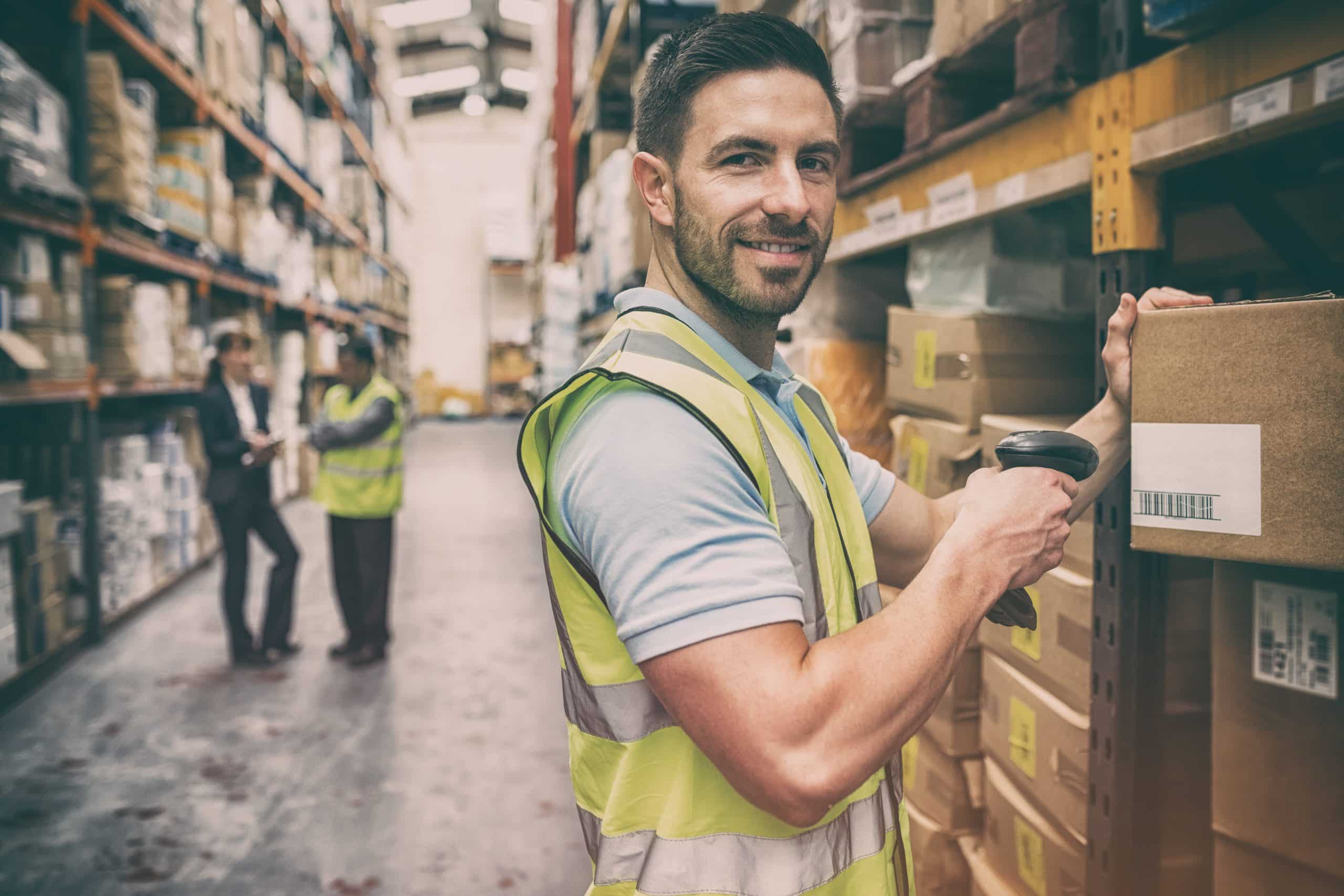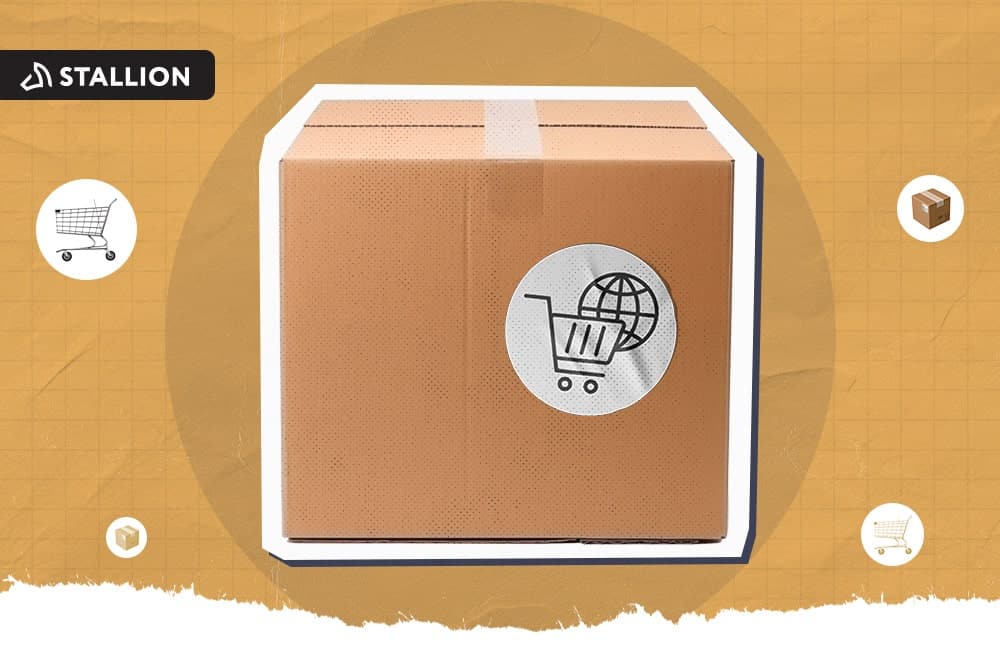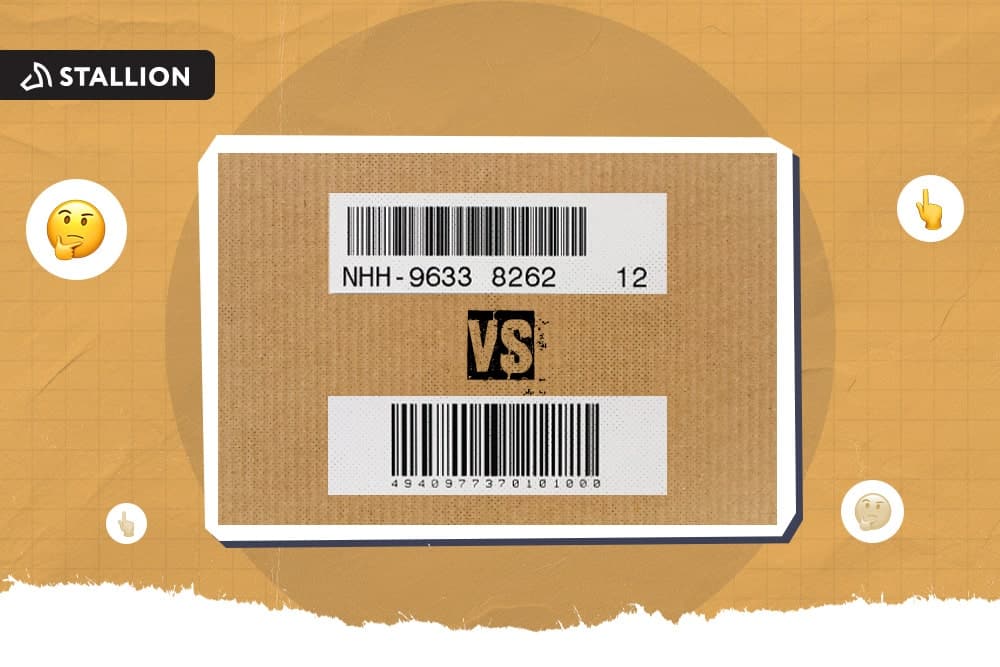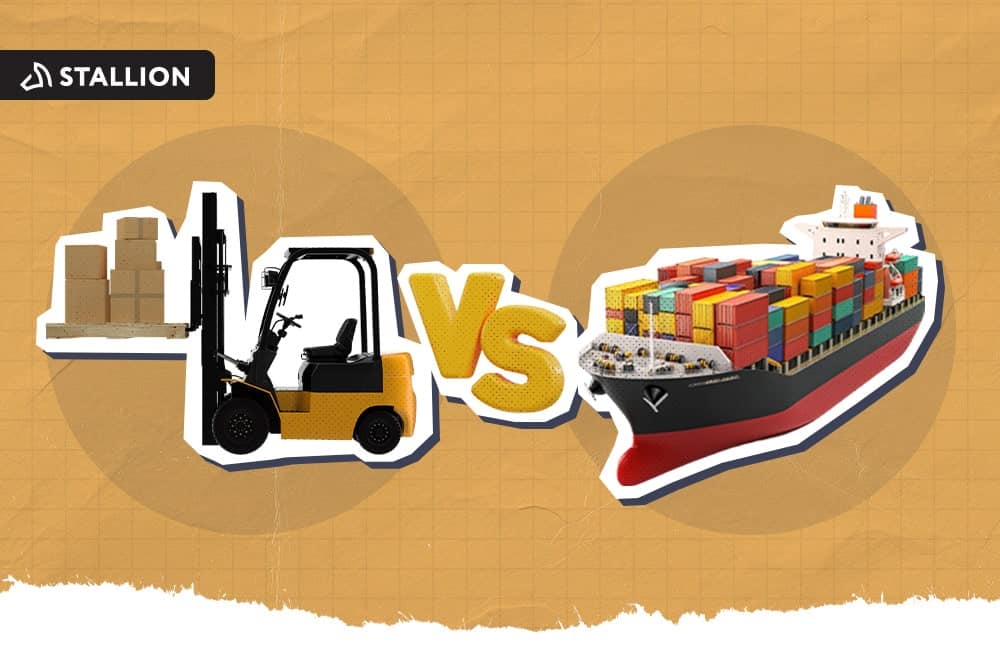
A vast number of small and medium-sized businesses now conduct their operations on Amazon, primarily due to its ability to reach a large customer base online. In 2019 alone, Amazon recorded a total of 2.5 million sellers on its platform, making it the world's largest e-commerce website today. Think of any object you want to have, and most likely, Amazon has a seller that can provide you with the product that you want.
2006 was a groundbreaking year for the Amazon team, mainly because it launched the Fulfillment by Amazon (FBA) program. The Amazon FBA Shipping Service allowed sellers to ship directly to Amazon FBA centers, and have them take care of the rest. Upon launch, the program was met with critical reviews by e-commerce vendors who had difficulties thinking about the logistics side of their businesses. Fast forward to today, and you would see a lot of companies dedicated to Amazon FBA alone.
As good as the Amazon FBA Shipping Service is for the general public, it likewise has a set of cons that sellers should be warned about. This article will discuss both the pros and cons of Amazon FBA shipping and some tips to maximize a seller's FBA experience.
The mantra of the Amazon FBA Shipping Service is this: a seller sells his/her product, Amazon ships them. Below is a simple step-by-step guide on how the FBA process works.
Now that you are aware of the science behind Amazon FBA let's take a closer look at the good and the bad that it offers.
Two of the main factors that convince customers to buy products on Amazon are shipping rates and delivery speed. A National Retail Federation study concluded that 65% of customers look exclusively at free shipping options before purchasing products. If they see that they don't have to pay for shipping and don't need to wait too long for a product to arrive at their doorstep, best believe that they're making that purchase.
The Amazon FBA shipping service provides this exact advantage for its sellers. Since an FBA-listed product is tagged with a free shipping option, Amazon FBA businesses have an insane power by having their products at the forefront of search engine results.
At first glance, the privileges that come with Amazon's FBA program sound amazing.
What Amazon doesn't tell you, though, is that these privileges come at a hefty cost. How much is Amazon shipping, you ask? To start, it charges at least 15% for each product shipped to a customer, and between $2.41 and $137+ on fulfillment fees for products listed through the FBA program. On top of that, the seller also has to take into account short-term and long-term storage fees and item removal fees that are either returned to the seller or disposed of by Amazon.
Another common question asked by most Amazon FBA sellers is, "Does Amazon FBA pay for shipping?" The answer to this is relatively straightforward. The seller covers the initial shipping costs to the fulfillment center, and Amazon includes any subsequent shipping fees afterward. Most sellers are overwhelmed by Amazon's prices since they have to account for all the fees mentioned and add their initial production, packaging, and shipping costs.
To ensure that your business makes a profit through Amazon FBA, it is essential to do your research and make the correct pricing calculations ahead of time.
There is no doubt that products associated with the Amazon brand will look more credible than other products, and will likely be patronized by customers.
Amazon built a long-standing reputation with its customers over the years and has been generally thought of as a reliable e-commerce brand to buy products from. Through the Amazon FBA Shipping Service, sellers can simply take advantage of Amazon's name and ride on the coattails of its success. An Amazon tag acts as a "quality guarantee card" for customers who expect free shipping and rapid delivery time schedules.
Mishandled inventory is one of the top issues sellers report, especially the fact that the platform takes days to weeks for inventory to be logged in the Amazon FBA system. This mishap creates a ripple effect because when the shipments are delayed, people write bad reviews on the product or cancel orders. Amazon handles enormous amounts of cargo daily, so there should already have been a system close to perfect to maintain efficiency.
Why? Simply because the reputation of small businesses, such as the sellers, is tarnished and compromised.
The Amazon FBA program has provided an additional feature called "Multi-Channel Fulfillment," which is essentially an extra layer of management service for sellers who operate outside the Amazon Marketplace. Multi-channel fulfillment lets Amazon take control of your business website, then proceeds to handle all your orders and inventory. Amazon can even handle sales from physical stores if you prefer to outsource that part of your business.
If you are interested in hiring Amazon for its Multi-channel fulfillment service, you must have a Pro Seller Account. Since the feature has recently focused its efforts on European countries, your business can ship products within your country. Amazon can send its equivalent versions to Europe through the following available subscription plans:
The Multi-Channel Fulfillment service may be an optional feature, but it helps sellers maximize their sales outside Amazon without having to worry about logistics.
The COVID-19 pandemic shook every part of the globe when outbreaks began to surge, and most countries required people to remain in lockdown for months. Economies tumbled for the worse, businesses were severely affected, and a vast portion of people went unemployed. Amazon is no exception to this massive disruption in daily life.
As the pandemic began to be more felt by more countries around the world, Amazon has struggled to keep up with the demand from FBA customers scrambling for household goods. Amazon has announced to all FBA merchants that it will prioritize household goods to deal with the rise in demand and that it won't be receiving restocks for other products. This decision is a shot to the core for most Amazon FBA companies who rely on the program as a means to make sales.
Most e-commerce business models, as a result, have turned to other third-party fulfillment programs to be able to continue delivering orders during such a difficult time.
Most sellers have a lot of things in mind that they want to focus on, and as a result, they are not always able to provide the best service to their customers. Under the FBA Program, however, Amazon takes care of all customer-related concerns related to your products. They have to call Amazon's customer service hotline, and a representative will accommodate them. This benefit is such a huge plus for sellers who want to focus on other parts of their business operations.
The same thing can be said for return management concerns. Since Amazon has an Online Returns Center for customers to go to, sellers enrolled in the FBA Program don't need to worry about reverse logistics problems. Data shows that 60% of shoppers make a return purchase at least once every year, so proper return management is crucial to managing customer retention.
Commingling is an inventory management process on Amazon that combines products from different inventories to make one single collection. Sellers opt to commingle their inventories with others since individually, segregating and labelling your products apart from other sellers can be time-consuming.
Most Amazon experts discourage commingling inventories under the Amazon FBA Program. If you work tirelessly to make your product as authentic and as hi-quality as possible, you shouldn't be taking risks of having your products mixed up with another seller's mediocre inventory.
Enrolling your business to the Amazon FBA Shipping Service poses amazing benefits to boost your brand and reach more online shoppers. However, it does have drawbacks that you must be aware of, and you must expect these common problems to arise should you decide to enroll yourself in the program.
If you are looking for a reputable shipping company that can help you out with Amazon FBA, we at Stallion Express can deliver your products straight to Amazon's fulfillment centers. Book an appointment today!
Aman looks after the content marketing department at Stallion Express. He is passionate about helping businesses grow by providing informative and up-to-date trends in the eCommerce industry. Outside the office, you can find him on the soccer field cheering on Real Madrid.



Can our fellow Torontonians relate?
-
#smallbusiness #business #entrepreneur #socialmedia #shipping #ecommerce #canadianecommerce #shopify #poshmark #b2b #saas #etsy #ebay #canada #canadiansmallbusiness #shoplocalcanada #entrepreneur
#toronto

Here’s your quick hassle free shipping from 🇨🇦 to 🇺🇸 as a business owner!
-
Any questions?! Leave them 👇🏻 and save this video so you don’t forget!
-
#smallbusiness #business #entrepreneur #socialmedia #shipping #ecommerce #canadianecommerce #shopify #poshmark #b2b #saas #etsy #ebay #canada #canadiansmallbusiness #shoplocalcanada #entrepreneur

Meet @drinkbenny a 🇨🇦 female founded energy drink brand! Instead of focusing on their products, they’re taking a unique approach by hosting in person events in different Canadian cities to offer an experience for their community 🧡
-
What are your thoughts on in person events? 💭
-
#smallbusiness #business #entrepreneur #socialmedia #shipping #ecommerce #canadianecommerce #shopify #poshmark #b2b #saas #etsy #ebay #canada #canadiansmallbusiness #shoplocalcanada #entrepreneur

Do you know the difference between DDU and DDP when shipping internationally 🌏 ?
-
Questions? Leave them below! 👇🏻
-
#smallbusiness #business #entrepreneur #socialmedia #shipping #ecommerce #canadianecommerce #shopify #poshmark #b2b #saas #etsy #ebay #canada #canadiansmallbusiness #shoplocalcanada #entrepreneur

Here’s a quick hack to save time from choosing multiple postage options
↪️ Turn on the lowest postage rate automation to save you time!
-
Questions? Leave them below! 👇🏻
-
#smallbusiness #business #entrepreneur #socialmedia #shipping #ecommerce #canadianecommerce #shopify #poshmark #b2b #saas #etsy #ebay #canada #canadiansmallbusiness #shoplocalcanada #entrepreneur
